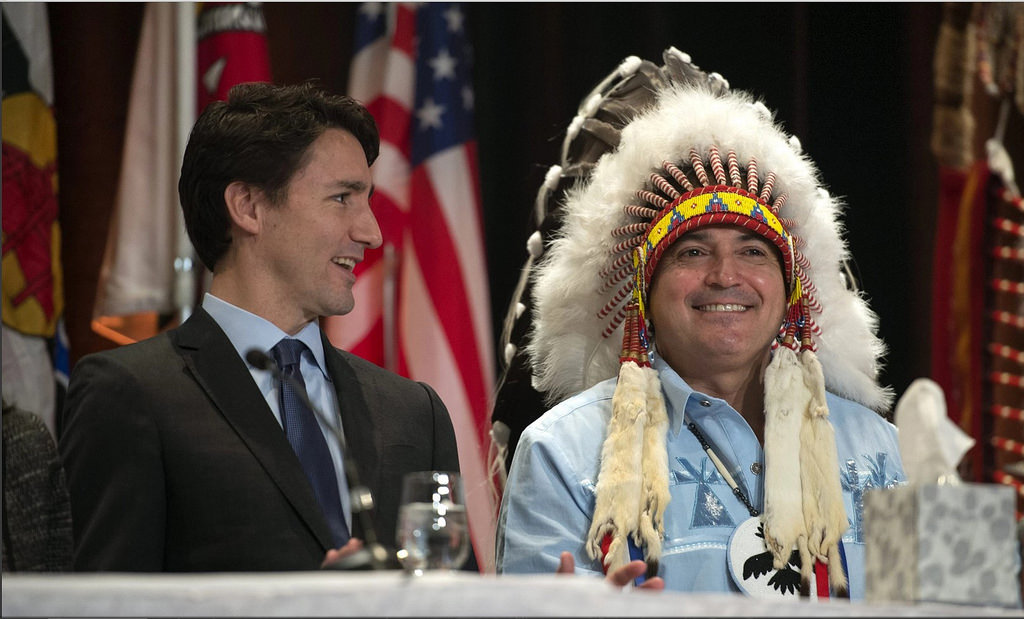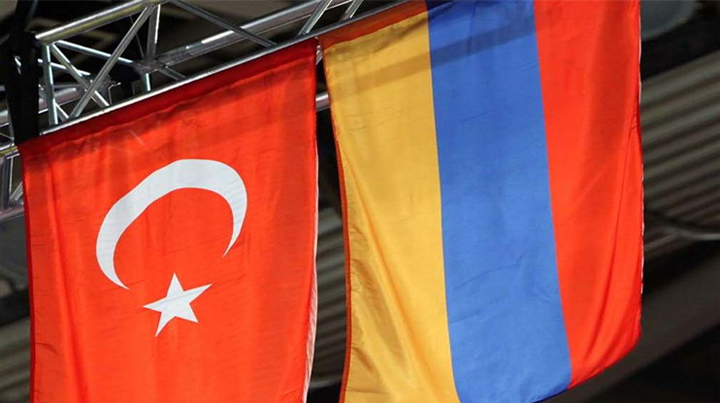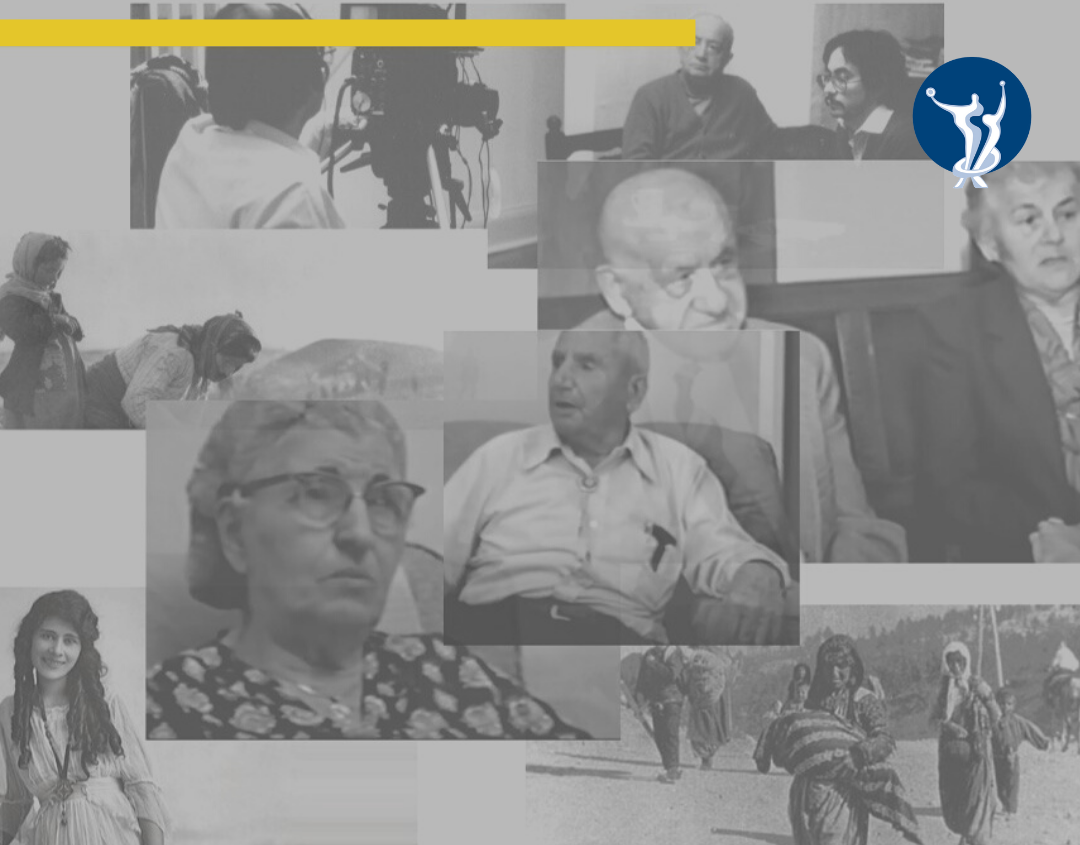The Zoryan Institute serves the cause of scholarship and public awareness relating to issues of universal human rights, genocide, and diaspora-homeland relations.
Here are some of our key ongoing initiatives.
The Zoryan Institute serves the cause of scholarship and public awareness relating to issues of universal human rights, genocide, and diaspora-homeland relations.
Here are some of our key ongoing initiatives.
The Zoryan Institute offers genocide and human rights education taught by the leading experts in the field.
The Zoryan Institute contributed greatly to the first international forum to affirm the Armenian Genocide, providing undisputable research, documentation and eyewitness accounts required to defend the armenian case.
Learn MoreAs an organization founded on the principles of upholding human rights, the Zoryan Institute took a
stand against the French National Assembly 2006 bill, criminalizing denial of the Armenian Genocide.
The Zoryan Institute becomes a catalyst in fostering a relationship between the Canadian Museum of Human Rights and The Armenian Genocide Museum.
Learn MoreThe Zoryan Institute played a key role in the Perincek vs. Switzerland case held at the European Court of Human Rights in Strasbourg, France.
Learn MoreThe Zoryan Institute, in partnership with the George Washington University Law School, held a two-day conference that analyzed the irreconcilability of two contradictory UN Principles, self determination and territorial integrity. The tension between these two principles is a cause of mass human rights violations worldwide, thus needs to be explored.
Learn MoreThe June 2016 recognition of the Armenian Massacres as a “Genocide”, by the German Bundestag, may not have been accomplished without Wolfgang Gust’s book “ The Armenian Genocide: Evidence from the German Foreign Office Archives, 1915-1916" published by The Zoryan Institute.
Learn MoreThe “Common Body of Knowledge” is an ongoing project undertaken by The Zoryan Institute in collaboration with major universities and scholars. It is part of a process that addresses the need for information surrounding the history and past injustices committed towards the citizens of the Ottoman Empire, particularly the Armenians and Christian minorities.
Learn MoreThe Zoryan Institute has taken upon itself to translate and publish numerous books on the Armenian Genocide in the Turkish language in an effort to make information available and accessible to the civil society in Turkey.
Learn MoreThe Zoryan Institute, through its ongoing research and publications in the field of universal human rights, aims to add to the pool of resources and educational materials that help create dialogue between people in conflict. To date the Institute has focused on the following:

Indigenous Peoples of Canada - Truth and Reconciliation Commission of Canada

Turkish - Armenian Dialogue
Documents
Our annual conferences & webinar series aim to enhance public understanding and influence public opinion and policy-makers regarding current social and political issues. The Zoryan Institute strives to provide new perspectives on vital issues, using the highest academic standards, while highlighting contested questions, and encouraging new paths towards ideas, sources and understanding. We present our themes in comparative and interdisciplinary modes and the speakers come from a wide range of disciplines with many different perspectives and expertise. These include historians, social scientists, legal theorists, policymakers, and journalists.
Oral history is an essential tool in understanding how individuals and communities truly experience forces and events throughout history. By preserving firsthand accounts that round out written historical records and memoirs, oral history adds meaning and context to historical events, and fills gaps that are not documented in the literature.
The Zoryan Institute has a wealth of experience conducting and preserving post-conflict oral history testimonies. The Zoryan Institute's oral history projects initiated in 1983, when the Institute undertook a major oral history project aimed at documenting on videotape the memoirs of the survivors of the Armenian Genocide. The renowned Armenian Genocide Oral History Collection remains an invaluable resource to scholars, writers, journalists, film-makers, government agencies and other organizations. Since then, the Zoryan Institute has been involved in many additional oral history initiatives, and recently opened the Zoryan Institute and AUA Center for Oral History located at the AGBU Papazian Library of the American University of Armenia. The Center will allow Zoryan Institute's collections and analyses more widely available and accessible, and provide research assistance to those interested in oral history.

The Zoryan Institute's Oral History Work
The Zoryan Institute houses a large quantity of reference and archival material, including monographs, periodicals, microfilm, photographs, memoirs, personal correspondence, official documents, etc.

Archiving